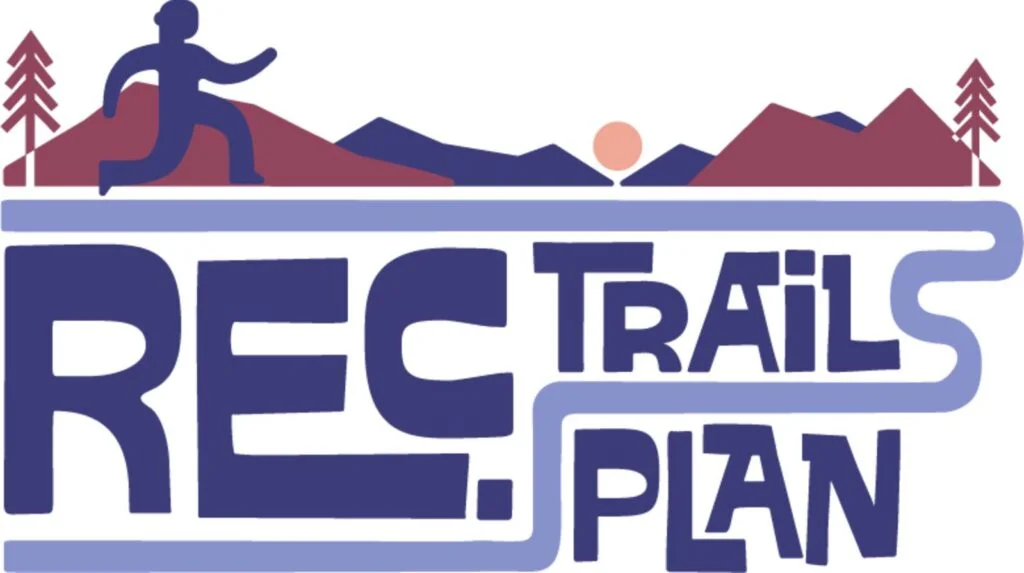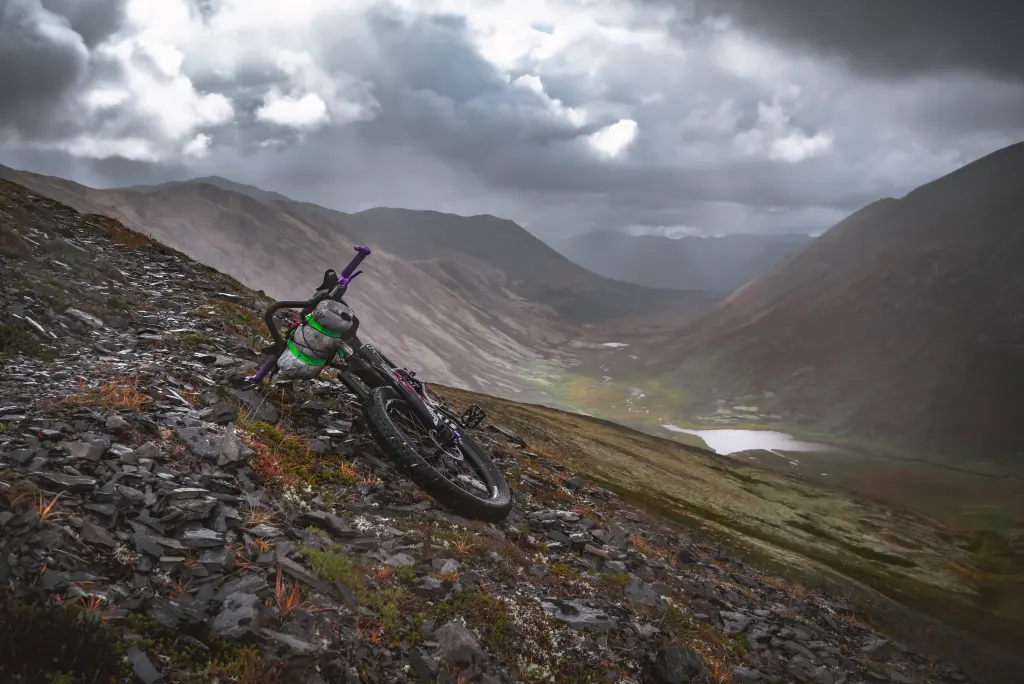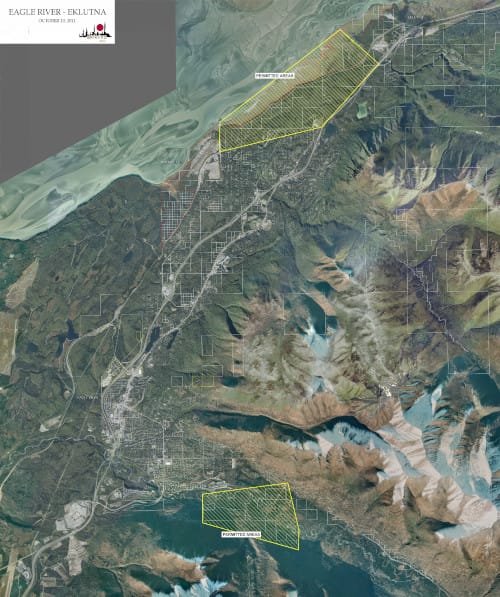Making the Case for Tourism-Oriented Mountain Bike and Adaptive Recreation – American Trails
Mountain biking is an increasingly popular outdoor activity with the ability to attract unique tourism markets and vitalize rural economies. However, the cost to develop, manage, and maintain bike-optimized trails are high and can discourage investment. Successful development is not random – methodical planning, background research, and engagement are necessary to understand a park’s potential to successfully become a mountain biking tourist destination and identify the economic benefits it will bring into the region. This presentation overviews CRO Planning & Design’s performance of an economic impact analysis for an accessible tourism-oriented mountain bike trail network in Tennessee’s State Park system. Fall Creek Falls State Park (FCFSP), Tennessee State Park’s “Crown Jewel” located in an economically distressed county, was used as a test site for the analysis. Existing conditions and demand analyses for the park were performed to understand how FCFSP’s developed infrastructure, regional demand for mountain biking, and local support networks facilitate its ability to host a trail system that entices both mountain bikers and adaptive outdoor tourists. An economic impact analysis was then performed to understand how different development models would impact the economic stimulation produced through a potential trail network compared to subsequent maintenance/management costs.




